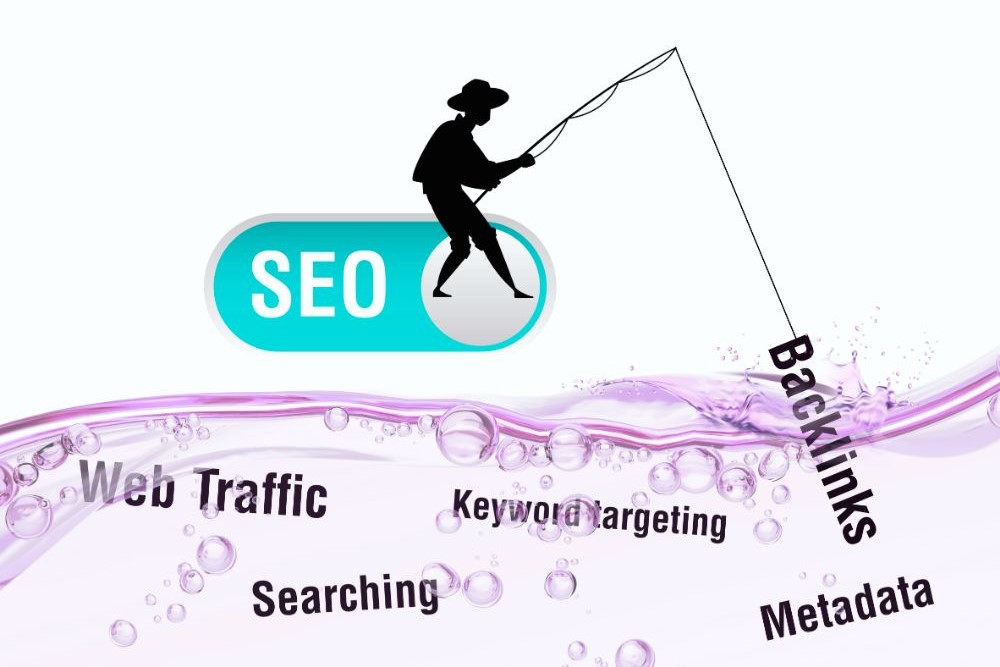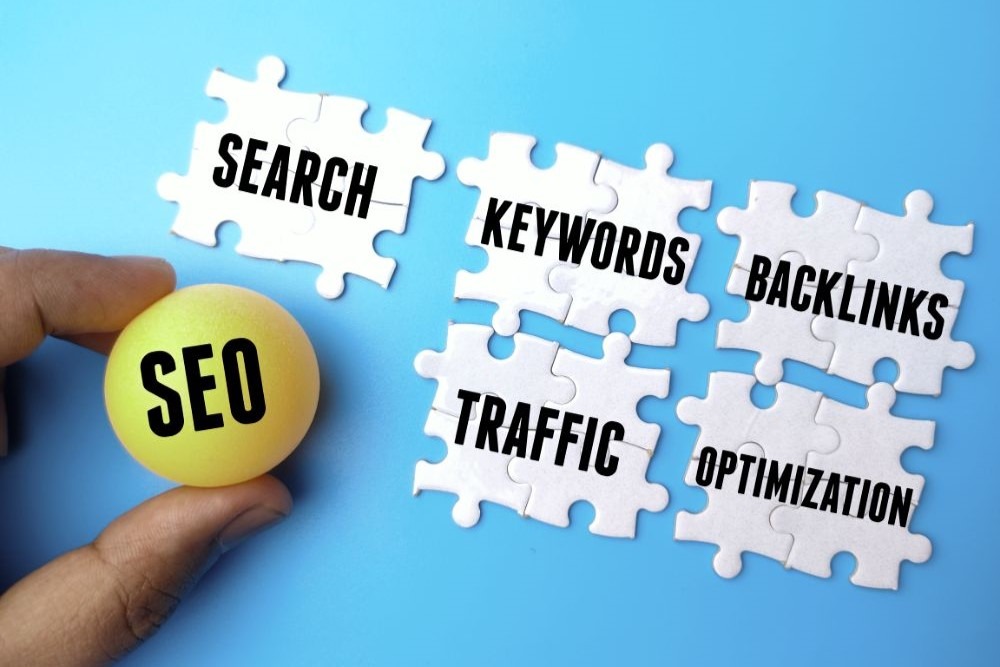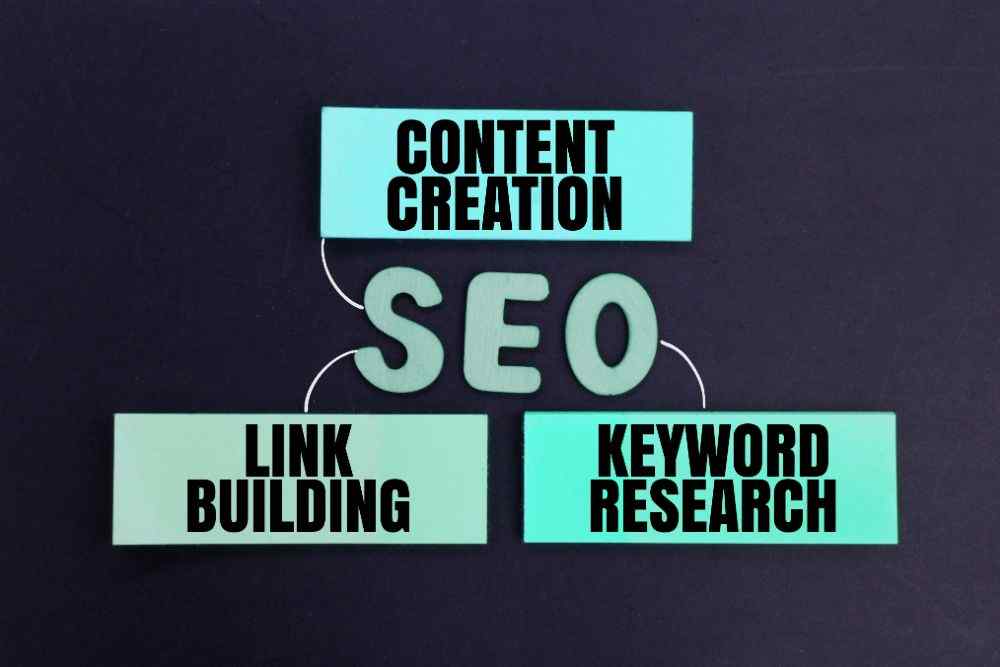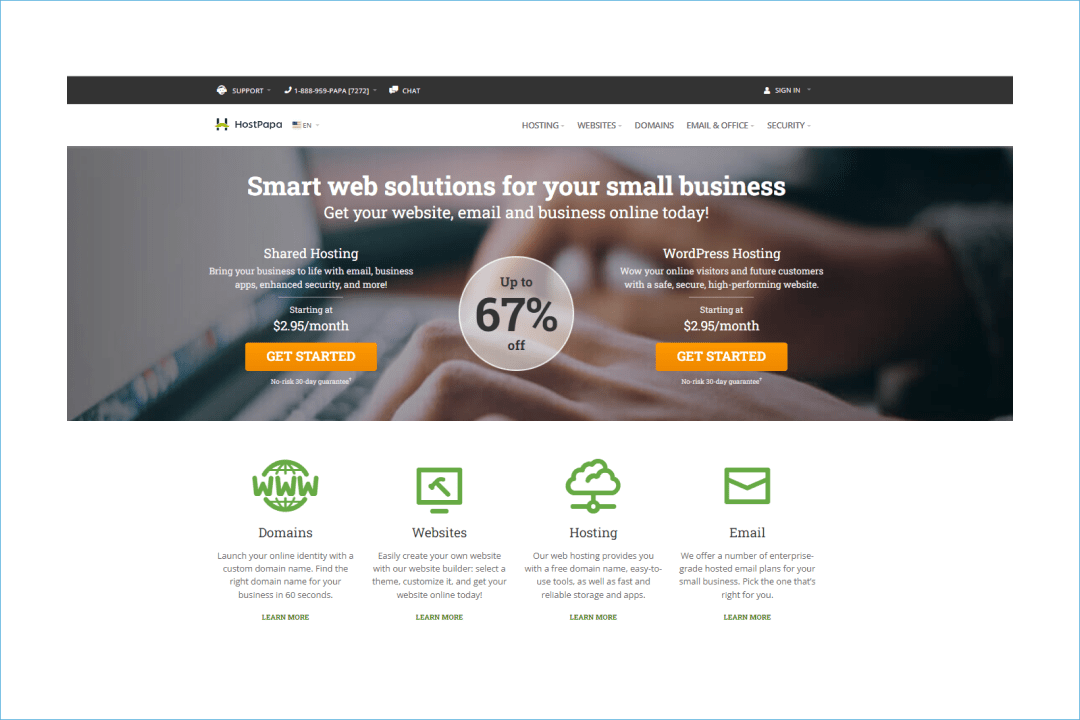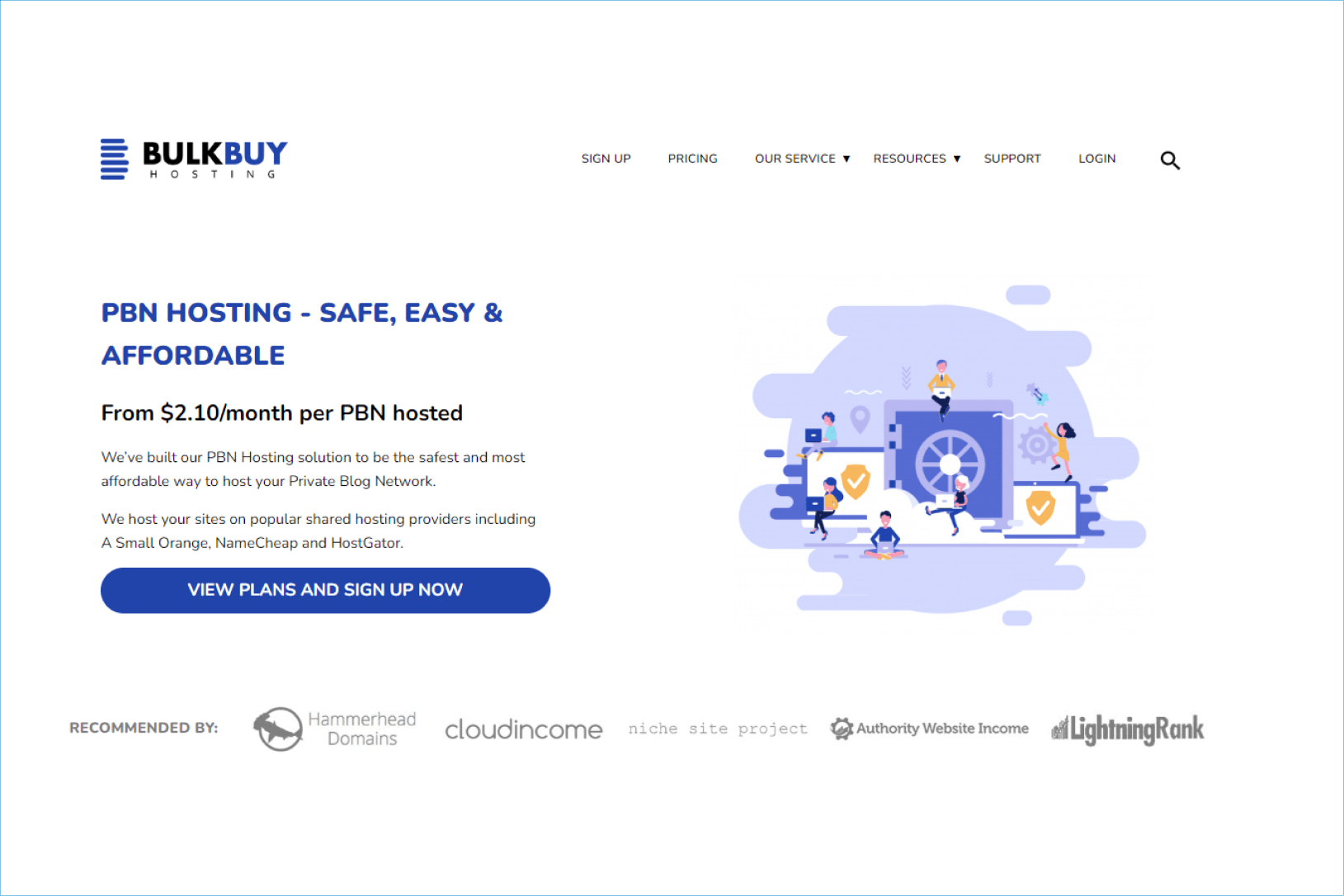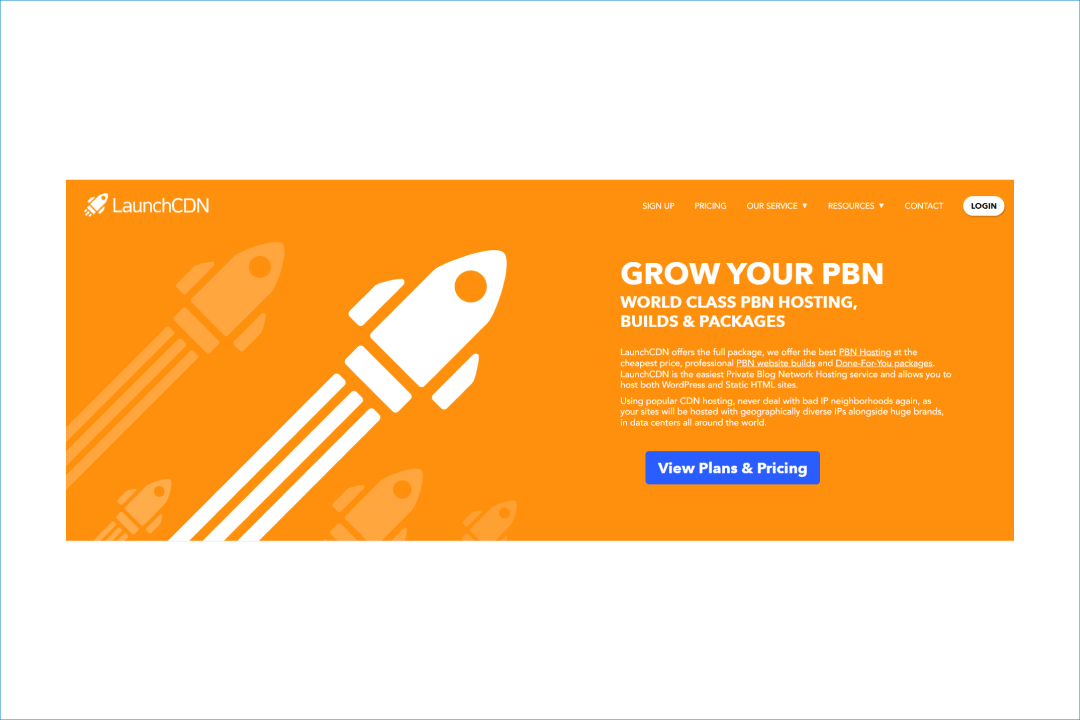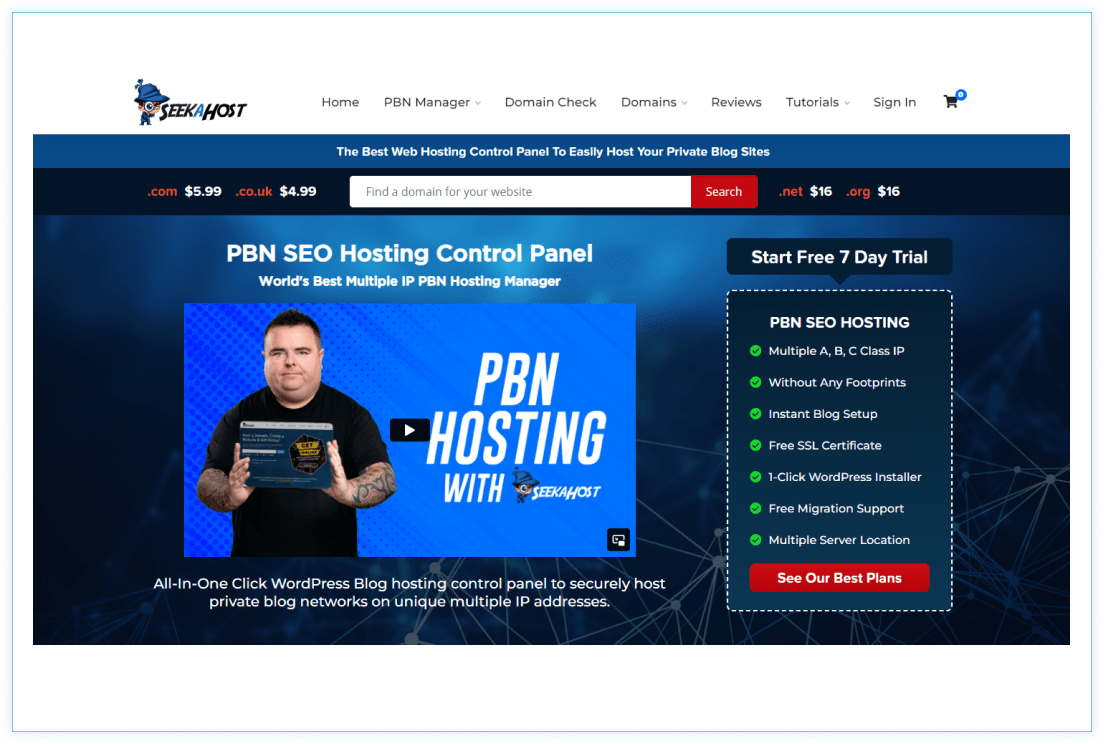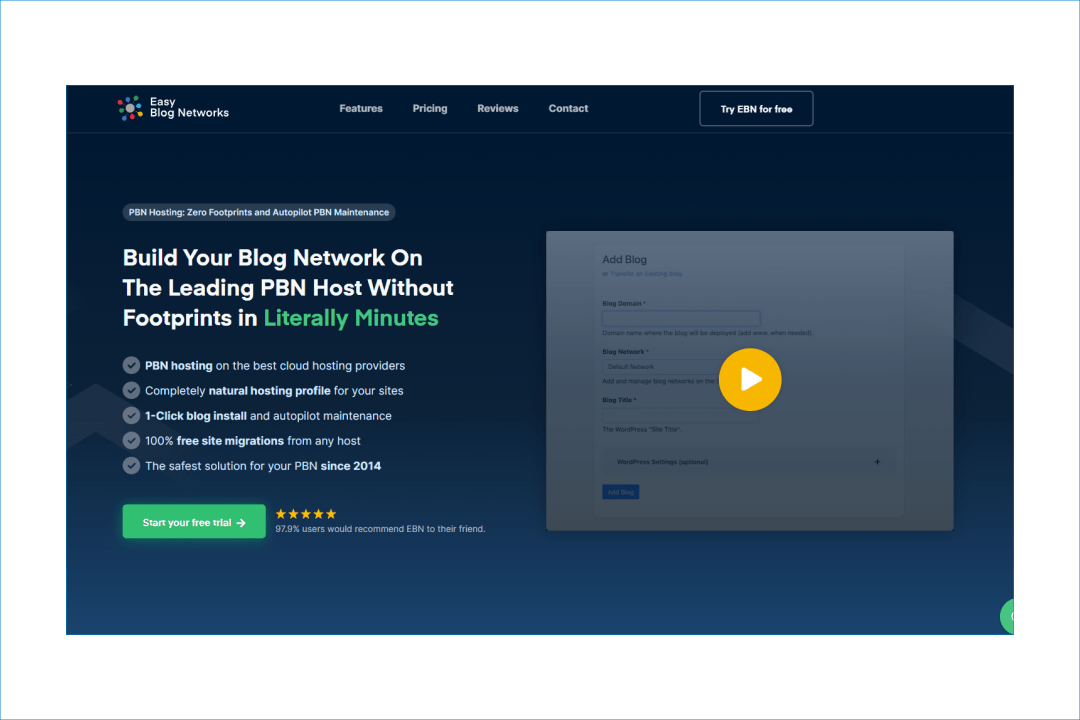
Building a strong SEO foundation hinges on learning the value of backlinks.
But what exactly determines the worth of a backlink?
Is it only about the number of linking domains, the credibility of the linking site, or the Domain Authority and URL rating of the linking page?
In this article, you’ll find the answers and learn how to choose the best websites for your successful link-building strategy.
Key Takeaways
- A backlink from a high-authority site, especially one related to your industry, carries significantly more weight than numerous links from low-quality, unrelated sites.
- Credibility and trust are based on links from recognized and respected sites, improving your site’s overall trustworthiness.
- Backlinks from websites within your niche hold more value compared to those from unrelated sites.
- Backlinks from URLs with many incoming links and minimal outgoing links can directly impact keyword rankings.
- Diverse backlinks from various sources create a natural link profile that strengthens your site’s credibility and visibility.
The Importance of Backlinks
A backlink is simply a link from one webpage to another. When a webpage links to another, it indicates that the linked page is worthwhile.
When a well-respected site links to your page, search engines see it as a vote of trust. These links are valuable because they can improve your site’s ranking, visibility, and authority, helping it increase organic traffic.
Additionally, backlinks bring in referral traffic. When someone clicks on a backlink, they end up on your site. So, it’s not just about SEO; it’s also a way to reach a wider audience.
What Makes a Link Valuable?
A backlink from a high-authority site, especially one related to your industry, carries significantly more weight than numerous links from low-quality, unrelated sites. Credibility and trust are based on links from recognized and respected sites, improving your site’s overall trustworthiness.
The relevance of the link is another crucial factor. If you’re running a fitness blog, a backlink from a health and wellness site will be valued higher than a link from a tech blog.
Also, the concept of link power is essential, as backlinks from URLs with many incoming links and minimal outgoing links directly impact keyword rankings.
Remember that diverse backlinks from various sources create a natural link profile that strengthens your site’s credibility and visibility.
I recommend you to read our article How Important Are Backlinks for SEO? to learn what types of backlinks are valuable for your rankings.
My Way to Choose the Best Website for Link-building
As an SEO Expert, I have high standards when it comes to choosing websites and evaluating links. To be sure that I pick the best site for link-building, I rely on a carefully crafted list of criteria.
And now, I am sharing this list with you so you can easily decide what site can bring you the most valuable links:
- Metrics: Domain Rating (DR) and Domain Authority (DA) are frequently used metrics for evaluating websites and their links.
- I think they aren’t very reliable, but they can still serve as an indicator for weaker sites, for example, with a DR below 10. Keep in mind that high DR can be easily faked by getting a large number of low-quality and free links that don’t provide any real value. Read this article for more info about DR and DA.
- Organic Traffic: The organic traffic indicates a healthy site since only a fraction of websites attract organic visitors. You can use Ahrefs to check out a site’s organic traffic, but it can still be faked. I recommend you see what pages are ranking and for what words. That can give you more clarity. Learn how to find expired domains with traffic here.
- The ratio between links and Referring domains: It is not normal for a website to receive millions of links coming from significantly fewer domains. This doesn’t seem like an organic way to get links, and my advice is to avoid using this kind of site for links.
- Good backlink profile: Search for sites with links from big media sites (also known as Seed sites), like Wikipedia and popular websites in your niche.
- Popular sites close to your niche: Use websites that are focused on one niche relevant to yours and avoid sites with more general topics like Lifestyle, Health, and Crypto (as long as it is not a big media or an online magazine that covers a broad range of topics).
- Websites with active social media profiles: Active social media presence speaks for a site that someone is working on and optimizing. This is a good sign.
- Incoming and outgoing anchor texts: Avoid links from sites with too many exact-match anchor texts. This varies per industry, but if like 20-30% of the incoming links are with keyword anchors, I would avoid it. On the other hand, if the website has plenty of outgoing links with such anchors, they are probably selling links actively – Ideally, you want to avoid it again.
- Too many external links to different domains: Avoid links from sites with too many external links to different domains. This depends on the size of the sites. If a website has a large number of pages, it is normal to have a larger number of outgoing links. However, the more outgoing links the site has, the less link juice it will transfer to you. Ideally, I aim for websites with less than 1000 outgoing links, if possible.
- Sensitive niches: Be careful with sites with sensitive niches like gambling, adult, CBD, etc, as long as you are not working in such a niche. For example, if I have a fashion blog, I would avoid links from sites that are linking to casino sites or publishing gambling-related content.
- Language and location: Choose a site that is in your language and possibly with traffic from the countries you are targeting.
As no single link may fulfill all criteria, it’s advisable to opt for a variety of links and be prepared to make some compromises. Factors like language, countries, and niche considerations have to be the main factors that affect decisions in this process. That is why you need different types of links for a well-rounded off-page strategy.
In general, the links can give you 3 things – Trust (coming from links from authoritative sites), Relevance (links from sites in your niche), and Power (links from sites with a good ratio of incoming/outgoing links and, in general, with fewer outgoing linked domains). It is nearly impossible for a link to tick all boxes for a reasonable price; if the link matches 2 out of 3 of these, we consider it as a good link. A good link-building strategy involves acquiring links that will provide Trust, Relevance, and Power.
Conclusion
Understanding the value of your backlinks is crucial for effective SEO.
The way we evaluate the worth of links is always changing. Focus on getting high-quality links from reputable and relevant sources and avoid using too many low-quality ones. Diversify your sources by using platforms like blogs, forums, news sites, and industry-related websites to build a strong link profile.
Make sure your backlinks align with your industry or niche for the best results. The aim is to create a backlink profile that reflects your website’s credibility and authority while following ethical practices. By sticking to these principles, you set yourself up for long-term success in SEO.

























